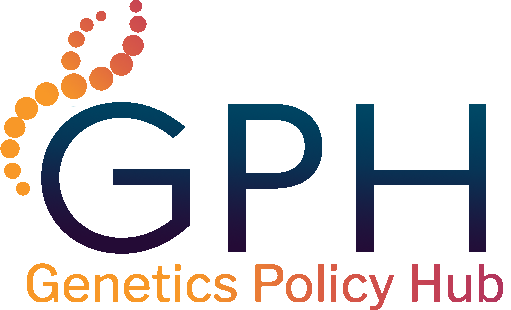From 2004 to 2024, the Health Resources and Services Administration (HRSA) funded the National Coordinating Center for the Regional Genetics Networks (NCC). NCC developed and maintained the Genetics Policy Hub.
With the conclusion of NCC funding, the Genetics Policy Hub (GPH) will no longer be updated or maintained. Information on GPH should be used for historical reference only.
Family Health History
Updated On Sep 19, 2024
This information is meant to be used for educational purposes to inform providers, patients, and genetic service delivery stakeholders about genetics policy topics. Sharing of information, resources, or policy statements is no way an endorsement of stated positions by NCC.
Introduction
Providers are trained to ask questions about their patients’ Family Health History because it can impact how we make a genetic diagnosis and our understanding of genetic risk. For example, a person with several relatives with breast cancer may be at higher risk of developing breast cancer themselves.
For more information on Family Health History, please visit the Center for Disease Control and Prevention (CDC)’s website. This website discusses basics, such as what information is needed for a good family health history, how you can collect that information, and why it is useful. There is also a section which includes resources for health professionals.
A policy area that often overlaps with family health history is genetic privacy, as there are questions about if/when information can be shared with family members. The duty to preserve patient confidentiality is based on the principle of respect for autonomy in which clinicians are charged to protect the patient’s medical information and disclose it to others only after obtaining consent. Other ethical principles, beneficence and nonmaleficence, support the opposite viewpoint of disclosure of genetic information to relatives who may be at risk, as not sharing this information could place them at risk for worse outcomes, and prevent them from accessing medical care or surveillance. Alternately, disclosure to family members may not respect their autonomy and right not to know. In 2008, Scientific American wrote a brief article where they posed the following question:
Sarah, a 40-year-old mother of three, has found out from various tests that she has an elevated risk of Alzheimer’s disease, as well as of breast cancer. Does she have a legal or moral obligation to tell her children or close relatives that they, too, might be at high risk of getting these illnesses in the future?
The AMA Journal of Ethics discusses the ethics around a similar case in this article: “Duty to Warn At-Risk Family Members of Genetic Disease.” A similar case is also presented in this article from the European Journal of Human Genetics.
Legislation and Regulation
Are you interested in learning what your state’s government or the federal government are currently proposing for either legislation or regulation? Check out Legislative/Tracking system for up-to-date information and subscribe to our Twitter channel to get the latest updates in your pocket.
Policy Positions
Organizations working within the genetics community (national genetic organizations, advocacy organizations, etc.) have published positions on family health history. Explore these position statements below.

